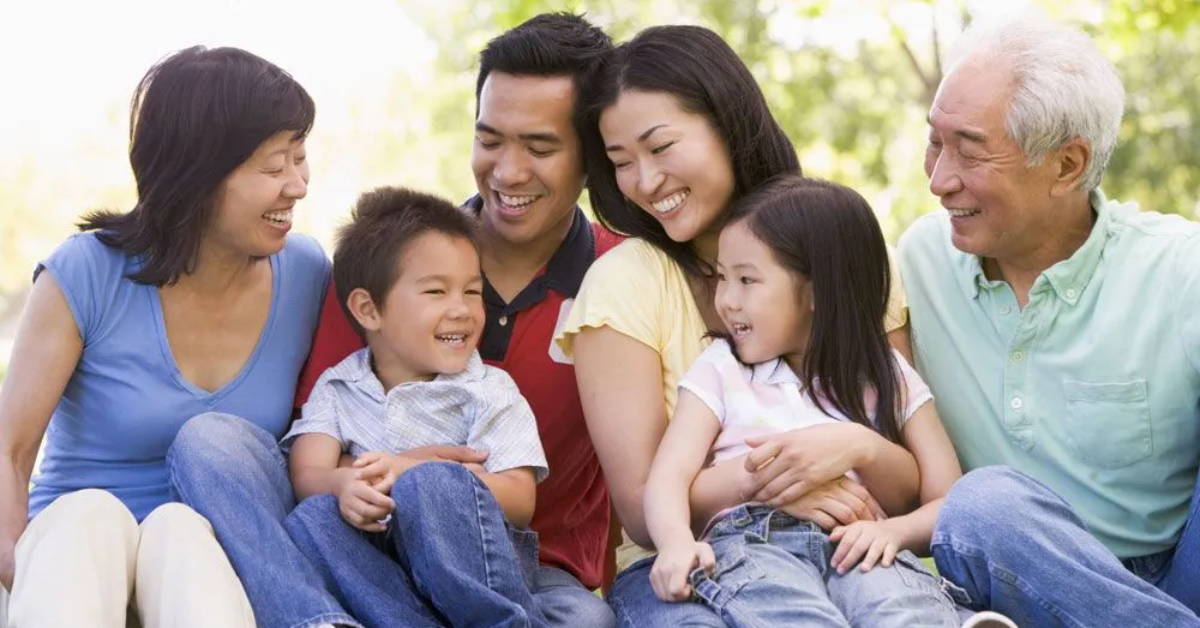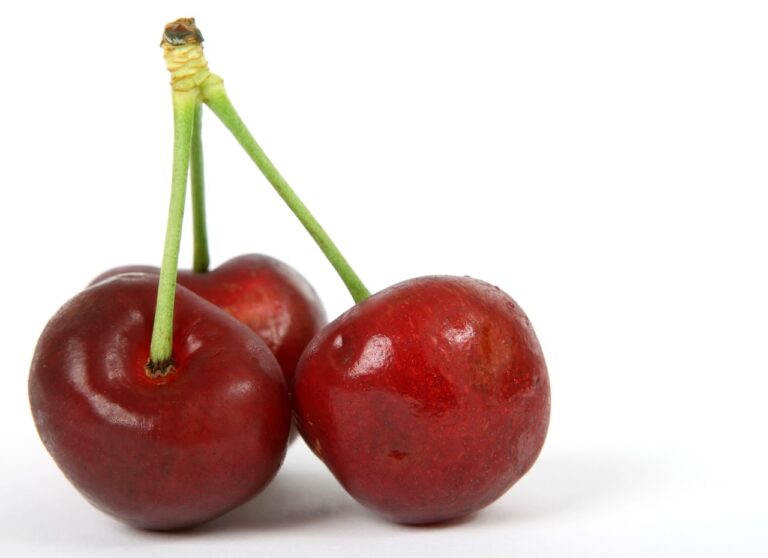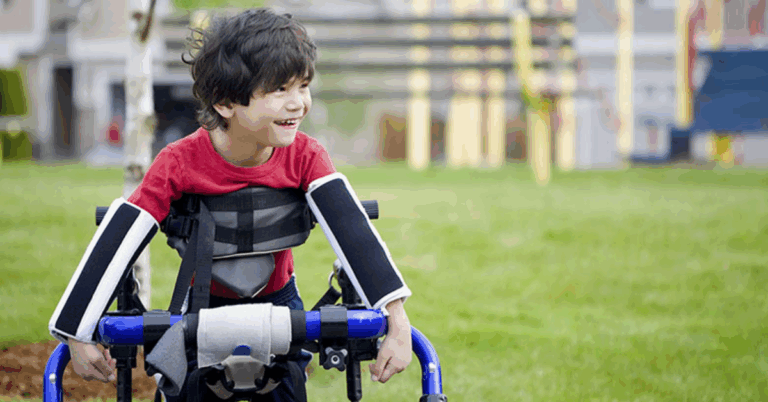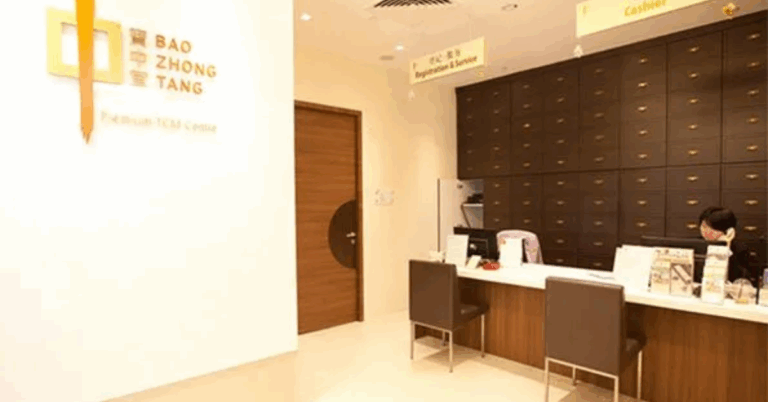TCM Singapore: A Comprehensive Guide to Traditional Chinese Medicine for Modern Wellness
Traditional Chinese Medicine (TCM) has become an essential part of Singapore’s healthcare and wellness landscape. Known for its holistic and natural approach, TCM continues to gain popularity among Singaporeans and expatriates seeking non-invasive, personalized treatment solutions. If you’re curious about TCM Singapore, this guide offers a complete overview of what TCM entails, the types of treatments available, conditions it can treat, and how to choose a reliable clinic or practitioner.
What Is Traditional Chinese Medicine?
TCM is a comprehensive medical system developed in China more than 2,000 years ago. Unlike Western medicine, which often targets symptoms, TCM focuses on the body’s internal balance and energy flow. It operates on several key principles: Qi (vital life force), Yin and Yang (opposing but complementary forces), and the Five Elements (Wood, Fire, Earth, Metal, and Water). These principles guide diagnosis and treatment in TCM. Common TCM methods include acupuncture, herbal medicine, cupping, tuina (Chinese therapeutic massage), and moxibustion. By stimulating the body’s natural healing response, TCM helps restore harmony and prevent disease.
Why Is TCM Popular in Singapore?
Singapore’s multicultural society and emphasis on integrative healthcare have made it a natural home for TCM. Many people in Singapore trust TCM for its long-standing efficacy and holistic philosophy. Reasons for its popularity include: Government regulation ensures professional standards via the Traditional Chinese Medicine Practitioners Board (TCMPB); Integration with conventional healthcare—patients often use TCM alongside Western treatments; Accessibility—TCM clinics are available islandwide, from city centres to heartland towns; A growing preference for non-invasive and drug-free treatment options.
Types of TCM Treatments in Singapore
TCM is not a one-size-fits-all approach. Depending on your diagnosis and condition, a practitioner may recommend one or more of the following treatments:
Acupuncture
Acupuncture involves inserting fine needles into specific points on the body to regulate Qi and blood flow. It’s commonly used for pain management, stress relief, fertility support, and digestive disorders.
Chinese Herbal Medicine
Herbal prescriptions are custom-blended based on your body constitution. Herbs are available in powder, capsule, or raw form for boiling. They help treat internal imbalances, chronic illnesses, and immune deficiencies.
Cupping Therapy
Cupping uses suction cups to stimulate blood flow, relieve muscle tension, and expel toxins. It’s often used for back pain, sports injuries, and respiratory issues.
Tuina Massage
Tuina is a form of therapeutic massage that applies pressure to acupoints and meridians. It’s particularly effective for musculoskeletal conditions, headaches, and joint pain.
Moxibustion
This method uses burning mugwort (moxa) near acupuncture points to warm meridians, promote circulation, and dispel cold and dampness from the body.
Common Conditions Treated with TCM in Singapore
TCM is versatile and effective for a wide range of health concerns. In Singapore, patients frequently seek TCM for the following:
Pain Management
Chronic back pain, frozen shoulder, arthritis, migraines, and neck stiffness are commonly treated with acupuncture, tuina, and herbal therapy.
Women’s Health
TCM supports menstrual health, treats fertility issues, and helps manage menopause symptoms. Herbal medicine and acupuncture are often used to regulate hormones and improve reproductive function.
Digestive Disorders
Issues such as bloating, indigestion, constipation, and IBS are addressed by strengthening the Spleen and Stomach systems in TCM.
Stress, Anxiety, and Insomnia
Emotional health is integral to TCM. Practitioners use acupuncture and herbs to calm the Heart and Liver systems, improving mood and sleep quality.
Skin Conditions
TCM treats eczema, acne, psoriasis, and other dermatological concerns by detoxifying the body and restoring organ balance.
Respiratory Issues
Chronic cough, sinusitis, asthma, and allergic rhinitis are managed through cupping, herbal medicine, and acupuncture.
Preventive Care
Regular TCM visits can detect subtle imbalances before symptoms appear, helping you maintain optimal health.
What to Expect During a TCM Consultation in Singapore
Your first visit to a TCM clinic typically includes a comprehensive health assessment. The physician will review your medical history, current symptoms, lifestyle, and emotional health. Unique TCM diagnostic techniques such as pulse diagnosis and tongue observation are used to evaluate internal imbalances. Based on this analysis, the practitioner will develop a customized treatment plan. This may include a combination of acupuncture, herbal formulas, and lifestyle advice. Follow-up sessions are usually scheduled weekly or biweekly, depending on the condition.
Is TCM Safe?
Yes. When practiced by certified professionals, TCM is considered safe and effective. In Singapore, all TCM physicians must be registered with the TCMPB, ensuring that they meet rigorous training and practice standards. Safety measures include: Use of sterilized, single-use needles for acupuncture; Quality-controlled herbal products sourced from approved suppliers; Proper hygiene and clinical protocols in licensed clinics. Always inform your TCM practitioner about any medications or medical treatments you are undergoing to prevent interactions.
Choosing the Right TCM Clinic in Singapore
With so many clinics available, selecting the right one can be overwhelming. Here are some tips to help you choose:
Verify Practitioner Credentials
Ensure that the physician is registered with the Traditional Chinese Medicine Practitioners Board. You can check the official TCMPB website.
Look for Clinic Specialties
Some clinics focus on fertility, sports injuries, or chronic pain. Choose a clinic that aligns with your specific health needs.
Evaluate Clinic Cleanliness and Professionalism
The clinic should be clean, organized, and follow proper hygiene protocols. Staff should be courteous and willing to explain procedures clearly.
Read Reviews and Testimonials
Check online reviews or ask for recommendations from friends or family. Patient testimonials provide insights into the clinic’s effectiveness and care quality.
Consider Accessibility
Choose a clinic that’s conveniently located near your home or workplace. Many reputable clinics operate near MRT stations and commercial hubs.
Combining TCM with Western Medicine
In Singapore, many patients choose to combine TCM and Western medicine for a more comprehensive approach to health. This integrative model can be especially helpful for: Post-operative recovery; Managing chronic conditions like diabetes or hypertension; Supporting fertility treatments such as IVF; Reducing side effects of medications or chemotherapy. Always consult both your TCM physician and your Western medical doctor to ensure coordinated care and avoid contraindications.
Frequently Asked Questions About TCM in Singapore
1. Is TCM covered by insurance in Singapore?
Some insurance plans or corporate healthcare benefits may cover TCM treatments. Check with your insurer or HR department for details.
2. How long does it take for TCM to show results?
It depends on the condition and the individual. Acute issues may improve in a few sessions, while chronic problems may require ongoing treatment over weeks or months.
3. Are TCM herbs safe?
Yes, when prescribed by a licensed practitioner. In Singapore, herbs must meet regulatory standards for safety and quality.
4. Can pregnant women use TCM?
Yes, but only under the care of a qualified practitioner. TCM is often used to relieve pregnancy symptoms and support childbirth preparation.
5. Can children receive TCM?
Absolutely. Pediatric TCM, including herbal medicine and gentle tuina, is used to treat digestive issues, sleep problems, and immunity concerns in children.
Final Thoughts
TCM in Singapore offers a trusted, natural, and holistic approach to health and healing. From treating chronic illnesses to supporting preventive care, TCM therapies are backed by centuries of clinical practice and increasingly embraced in today’s wellness-conscious society. With licensed practitioners, modern clinics, and easy accessibility, Singapore provides an ideal environment to experience the full benefits of Traditional Chinese Medicine. Whether you’re new to TCM or looking to integrate it into your existing healthcare routine, the journey to balanced and sustainable health can begin with a single consultation. Trust your body’s natural wisdom—choose TCM as your partner in lifelong wellness.







